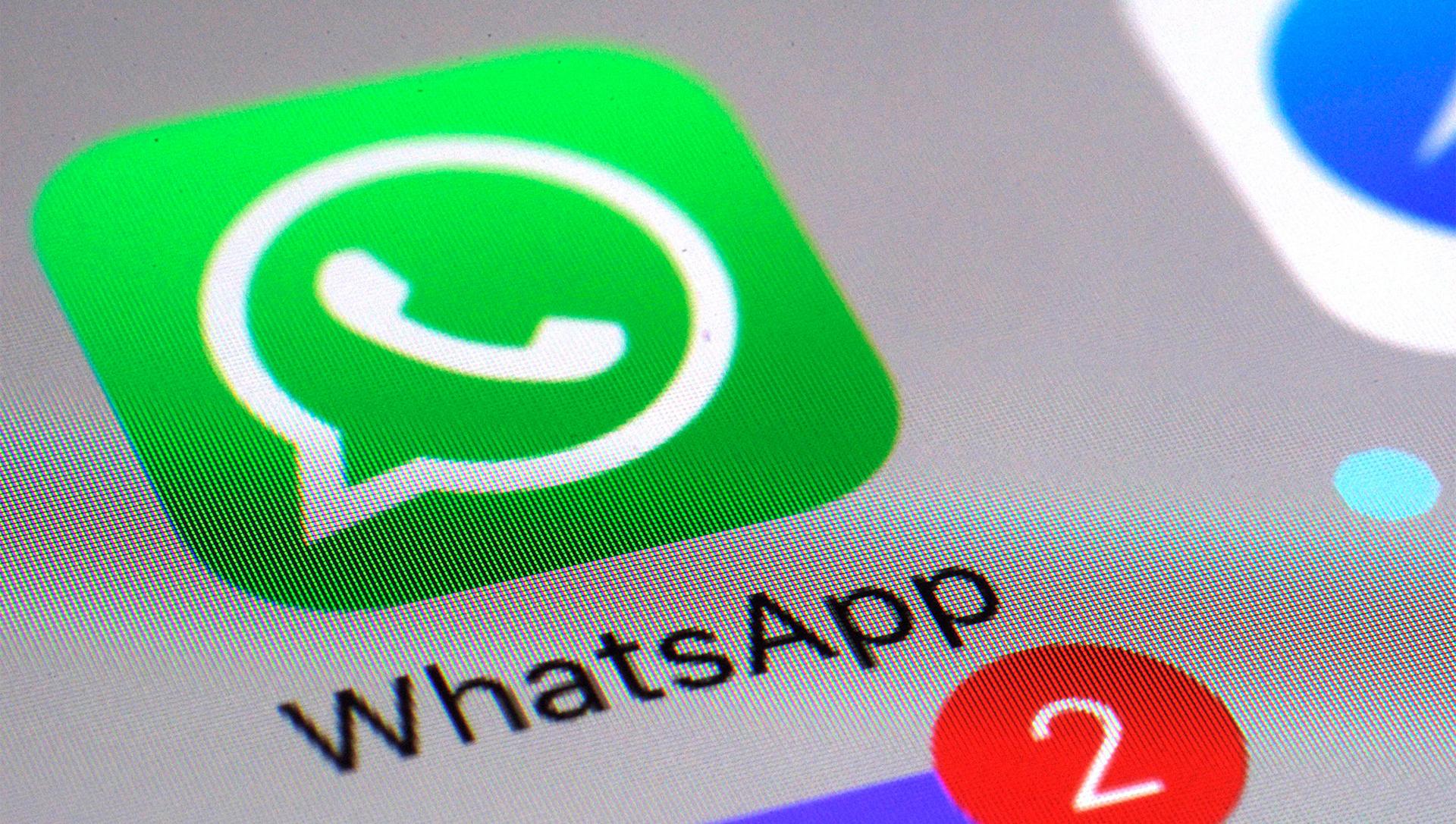WhatsApp sues Indian government over unconstitutional internet laws, privacy encroachment
The messaging app WhatsApp has sued the Indian government over its new internet laws, seeking to defend its users’ privacy and stop new rules that would require it to make messages “traceable” to external parties.
WhatsApp filed the lawsuit Wednesday in the Delhi High Court. It argues that government rules regarding the traceability of messages are unconstitutional and undermine the fundamental right to privacy.
Related: Tanzania’s internet restrictions during election are ‘despicable,’ digital rights activist says
The company currently uses end-to-end encryption for its messaging service, which encrypts messages in such a way that no one apart from the sender and receiver are able to read the messages sent between them.
Related: Analysis: Facebook is undermining democracy
The lawsuit follows sweeping regulations for technology companies that were announced in February. A 90-day grace period for complying with the rules ended on Wednesday.
Nikhil Pahwa, a digital rights activist and founder of the news site MediaNama, spoke with host Carol Hills from New Delhi about what the lawsuit means.
Carol Hills: Nikhil, what is this new law?
Nikhil Pahwa: So, these are the new IT rules which are based on the Information Technology Act. Now, as for these rules, WhatsApp has to determine the originator of a message and, upon receiving a lawful order from the Indian government, provide it to them. So, the Indian government wants to be able to trace the originator of a message. And let’s remember, India’s got about 550 million plus WhatsApp users. And at this point in time, when they need to, for example, trace terrorist content, fake news, child pornography, they’re not able to identify the originator of those messages. So, that’s what the Indian government wants.
So, the Indian government is saying this is an issue about security? That’s why they want it?
Exactly. And what WhatsApp is arguing is that this is an issue of privacy, because the way WhatsApp’s platform is architected, it isn’t able to determine the originator. So, it says that in order to be able to provide this information to the Indian government, it’ll have to [revise] its entire platform. And so the question here is, to be able to get information on one user, should the privacy of all users be compromised?
Is this just one of a series of measures that affect people’s digital privacy in India?
Well, the Indian government is opposed to the idea of privacy. I mean, they went to the Supreme Court arguing that there isn’t a fundamental right to privacy. There are several surveillance systems in place. There is constant badgering for information for Indian users. And it’s also an impact on freedom of speech. I mean, we’ve had, over this year alone, two major face-offs between Twitter and the Indian government over demands to censor speech that Twitter believed was not violative of Indian law. So, platforms, big tech companies and the Indian government are going head-to-head. They are adversarial right now. And these rules that have just been doled out empower the government against platforms. So, I expect that there will be more lawsuits coming up.
Do you see this as part of kind of a Modi agenda or is it something separate?
Look, if you go back to 2012, 2013, 2014, two girls were arrested for social media comments that they’d made online. A cartoonist was arrested for painting cartoons depicting India as corrupt, and that was in the Congress government. Governments come and go, right? Political parties come into power and leave. Policies remain. And what we have seen is that when it comes to the internet, policies have been increasingly regressive. From 2011 onward, they are getting worse. I don’t know, if it wasn’t Modi in power, whether the government would do any different. I doubt it, to be honest.
Has there been a strong reaction from WhatsApp users?
There has been a strong reaction from WhatsApp users against its privacy policy. And so, one comment that I’m hearing a lot of is that when WhatsApp doesn’t care about user privacy and it’s trying to share, say, userdata with Facebook, it’s hypocritical for it to go and fight for privacy in the courts. I mean, the way I look at it is that both instances need to be seen in isolation. For commercial purposes, WhatsApp is giving Facebook access to that information, and that’s only for business users. Whereas in this case, it’s trying to prevent government access to data and an impact on user privacy. Because, let’s face it, users don’t care about privacy. They’ll move to other platforms. So this case is going to be watched very closely.
Is your sense that because so many people in India use it — I mean, you’re saying 500 million people use WhatsApp — are they kind of agnostic about this whole issue, and they’ll just keep using it anyway? Or is it something that’s really important to them?
Look, it’s difficult to paint an Indian population with the same brush. I think different people have different reactions. Most people are not aware of these concerns, are not aware of these challenges. It’s typically a group of involved and interested users that reacts. And that is a very strong civil society in India and a strong media that is pushing back right now.
What about you? What do you think?
I think these rules are unconstitutional because they are not in consonance with the act, nor are they in consonance with the fundamental right to freedom of expression and the fundamental right to privacy. I don’t want a middle-ground solution here. I think the government should lose, and these rules need to be withdrawn. It’s unlikely that they will be withdrawn. So, I hope that this goes to the Supreme Court and these rules are declared unconstitutional.
This interview has been lightly edited and condensed for clarity. AP contributed to this report.
